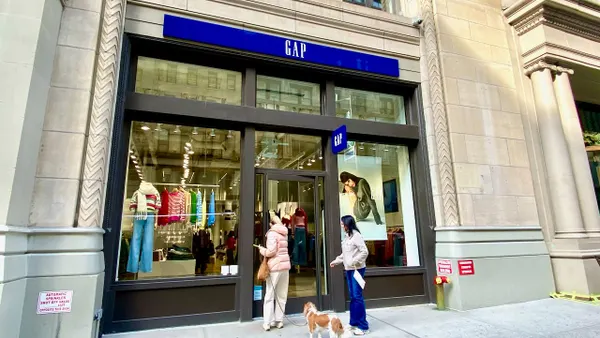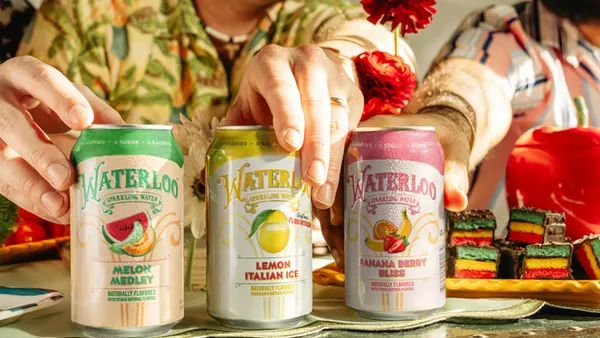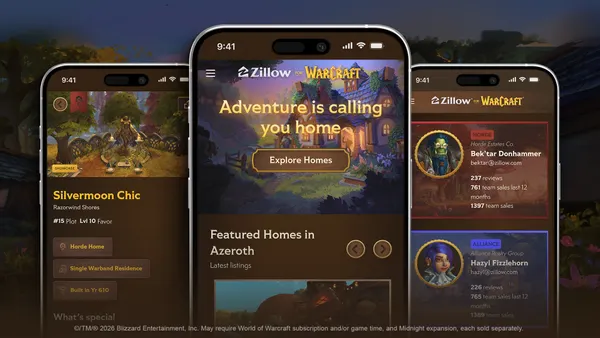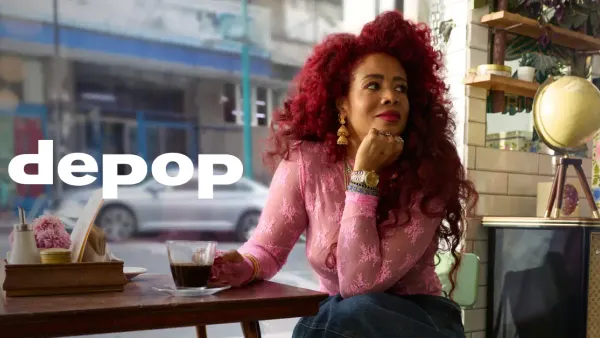Dive Brief:
- Facebook has rolled out new controls and capabilities to help marketers handle influencer marketing campaigns on the platform, as outlined in a Facebook Business blog post.
- A key change is marketers can now boost posts from a creator’s Page when the influencer gives permission and the post is tagged with a branded content tool allowing marketers to use targeting and custom audiences. This means the targeted audience will see the post as originating with the influencer rather than the brand. Before the change, marketers could only boost sponsored posts by sharing the post first.
- The branded content tab in Page Insights and Business Manager has also been updated to include tips and explanations to make it easier for marketers to view and understand campaign results, track the total spend from the creator and the marketer on each branded post and create separate summaries of the total spend and CPM for the post.
Dive Insight:
Facebook already has a strong influencer marketing platform in Instagram but may be looking to boost its main platform's role in recognition of the tactic's popularity with big brands looking to reach a broad audience.
Influencer marketing is still in relative infancy and is working through some issues, such as Federal Trade Commission crackdowns on properly labeled paid content to often unclear measurements for advertisers. Measurement issues have been more pronounced on social media platforms such as Snapchat that historically didn’t really have measuring capabilities in place. In this light, Facebook’s latest update can be seen as an attempt to attract brands interested in influencer marketing by giving them more control over tracking influencer campaigns, especially around campaign spending.
Another upgrade is marketers have more control over branded content tags to ensure affiliations are properly represented. The change from Facebook is marketers can use Page Setting to authorize which creators can tag them in branded content posts. This could help address one of several fraud problems plaguing influencer marketing with groups of influencers coming together to artificially boost each other's posts.
Influencer marketing may be undergoing growing pains, but it is popular with research from Bloglovin finding 32% of marketers using influencers view them as essential to strategy, 41% have seen more success with influencer campaigns than with traditional advertising efforts and 63% reported planning on increasing influencer budgets this year.












